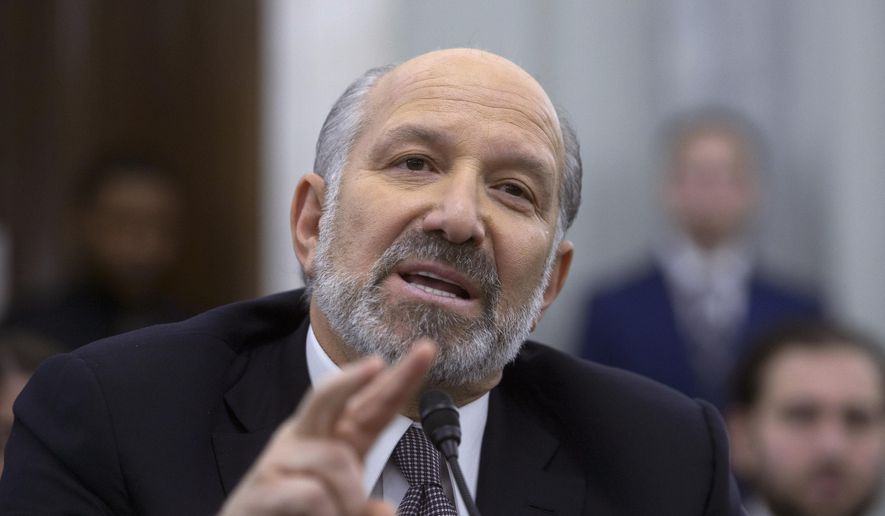The Influence of Howard Lutnick in Finance and Business

Introduction
Howard Lutnick, CEO of Cantor Fitzgerald, is a prominent figure in the finance industry known for his resilience, leadership, and innovative strategies. His journey from the tragic events of 9/11, when Cantor Fitzgerald lost 658 employees in the attacks, to transforming the company into a leading financial services provider is a testament to his remarkable tenacity. With the ongoing evolution in finance and technology, Lutnick’s approaches are not only relevant but also crucial in understanding modern business dynamics.
Career Highlights and Innovations
After joining Cantor Fitzgerald in 1983, Lutnick quickly rose through the ranks, becoming CEO in 1991. He introduced groundbreaking technological advancements within the firm, emphasizing the importance of brokerage and support systems. Lutnick’s strategic foresight was evident with the integration of electronic trading, which positioned Cantor Fitzgerald as an industry frontrunner.
In the face of adversity post-9/11, Lutnick’s leadership was vital. His immediate response included the establishment of a recovery fund for the families of the deceased employees, demonstrating a profound commitment to the people behind the company’s success. Under his guidance, Cantor Fitzgerald rebounded, expanding its services and infrastructure, which included real estate and investment banking.
Recent Developments
In recent years, Lutnick has expanded his focus to disrupt traditional markets through technology. His ventures include the establishment of a fintech platform aimed at integrating artificial intelligence and machine learning into financial services. The recent acquisition of several tech startups reflects his vision to enhance efficiency and customer experience in finance.
Lutnick’s perspective on current market trends emphasizes adaptability in the face of global challenges, such as economic downturns and the emergence of cryptocurrencies. His belief in leveraging technology for operational improvement places him at the forefront of financial innovation.
Conclusion
Howard Lutnick’s journey from a family-run brokerage to a global financial powerhouse showcases a significant impact on finance and business. His resilience highlights a crucial narrative in today’s fast-paced economy: adapting and innovating are key to long-term success. For readers and aspiring business leaders, Lutnick’s strategies serve as a guiding framework for navigating the complexities of the modern financial landscape. As the industry continues to evolve, watching Lutnick’s next moves will provide valuable insights into future trends and innovations.









